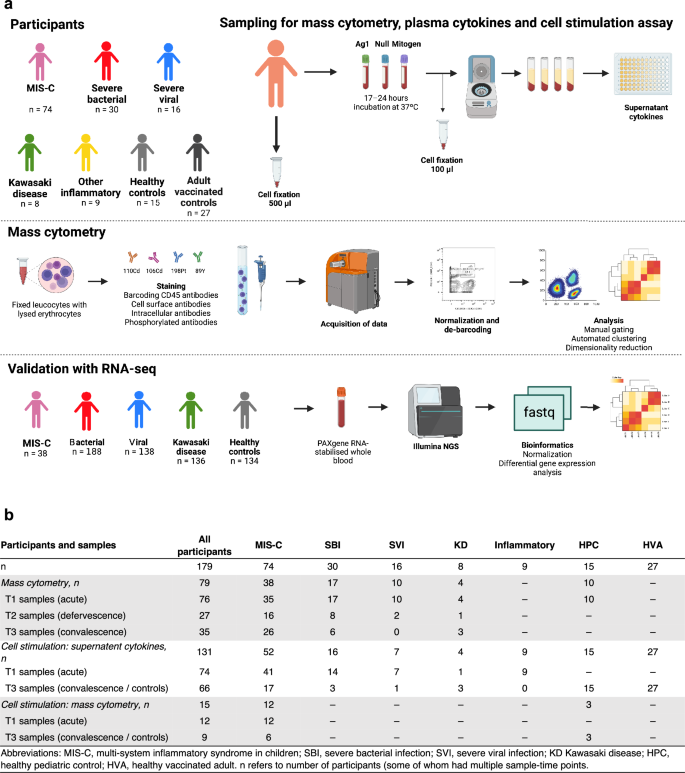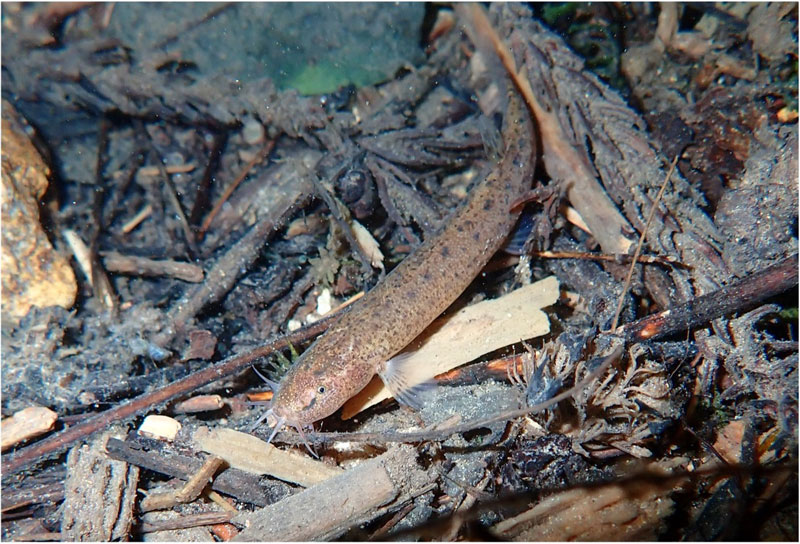2004-09-26 インペリアル・カレッジ・ロンドン(ICL)
<関連情報>
- https://www.imperial.ac.uk/news/256573/immune-insights-could-lead-more-targeted/
- https://www.nature.com/articles/s41467-024-52246-0
小児の重症熱性疾患における好中球とT細胞の共有機能不全は、インターフェロンによる特徴的な徴候を伴う Shared neutrophil and T cell dysfunction is accompanied by a distinct interferon signature during severe febrile illnesses in children
Harsita Patel,Michael J. Carter,Heather Jackson,Oliver Powell,Matthew Fish,Manuela Terranova-Barberio,Filomena Spada,Nedyalko Petrov,Paul Wellman,Sarah Darnell,Sobia Mustafa,Katrina Todd,Cynthia Bishop,Jonathan M. Cohen,Julia Kenny,Sarah van den Berg,Thomas Sun,Francesca Davis,Aislinn Jennings,Emma Timms,Jessica Thomas,Maggie Nyirendra,Samuel Nichols,Leire Estamiana Elorieta,On behalf of the DIAMONDS Consortium
Nature Communications Published:19 September 2024
DOI:https://doi.org/10.1038/s41467-024-52246-0

Abstract
Severe febrile illnesses in children encompass life-threatening organ dysfunction caused by diverse pathogens and other severe inflammatory syndromes. A comparative approach to these illnesses may identify shared and distinct features of host immune dysfunction amenable to immunomodulation. Here, using immunophenotyping with mass cytometry and cell stimulation experiments, we illustrate trajectories of immune dysfunction in 74 children with multi-system inflammatory syndrome in children (MIS-C) associated with SARS-CoV-2, 30 with bacterial infection, 16 with viral infection, 8 with Kawasaki disease, and 42 controls. We explore these findings in a secondary cohort of 500 children with these illnesses and 134 controls. We show that neutrophil activation and apoptosis are prominent in multi-system inflammatory syndrome, and that this is partially shared with bacterial infection. We show that memory T cells from patients with multi-system inflammatory syndrome and bacterial infection are exhausted. In contrast, we show viral infection to be characterized by a distinct signature of decreased interferon signaling and lower interferon receptor gene expression. Improved understanding of immune dysfunction may improve approaches to immunomodulator therapy in severe febrile illnesses in children.


